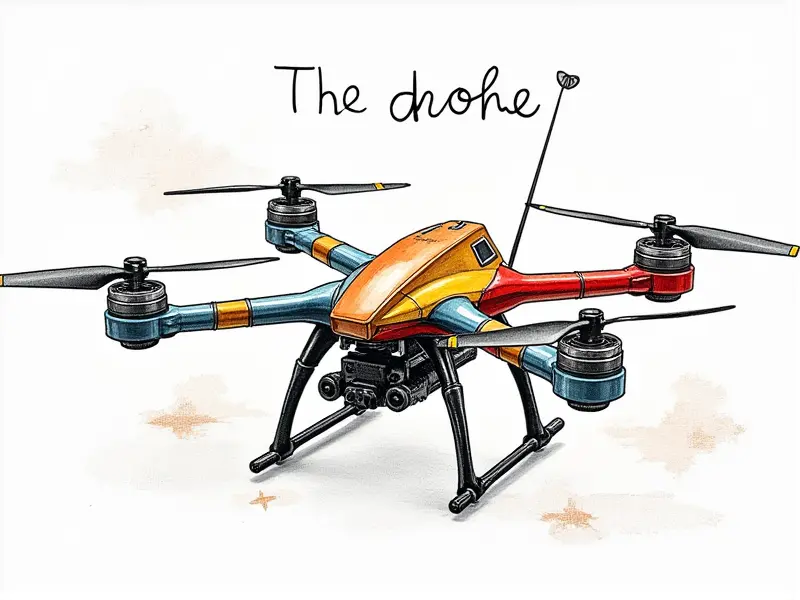Can NiMH batteries get hot?

Is It Normal for NiMH Batteries to Heat Up?
NiMH (Nickel-Metal Hydride) batteries can indeed get hot during use, especially when they are being charged or discharged at high rates. This heating is a normal part of the battery's operation and occurs due to internal resistance and chemical reactions within the battery cells. However, excessive heat can indicate potential issues that need addressing.
Preventing NiMH Battery Overheating Issues
To prevent overheating in NiMH batteries, it’s crucial to follow these guidelines:
- Avoid overcharging: Ensure your charger is set to the correct voltage and current limits for your battery type.
- Monitor temperature: Keep an eye on the ambient temperature during charging or discharging. High temperatures can exacerbate heating issues.
- Use quality chargers: Invest in reputable brands that have built-in safety features to prevent overcharging and overheating.
Troubleshooting Hot NiMH Batteries in RC Models
If your NiMH batteries are getting too hot while operating remote control (RC) models, consider these troubleshooting steps:
- Check load: Ensure the battery is not being pushed beyond its capacity. High-load conditions can cause excessive heat.
- Inspect connections: Loose or corroded terminals can increase resistance and lead to overheating.
- Monitor runtime: Limit usage time to prevent prolonged high discharge rates, which can generate significant heat.
Safe Operating Temperatures for NiMH Batteries
NiMH batteries should ideally operate within a temperature range of 0°C to 45°C (32°F to 113°F). Exceeding these limits can reduce battery life and increase the risk of damage or failure.
NiMH Battery Temperature Concerns Explained
Excessive heat in NiMH batteries can lead to several issues:
- Degradation: High temperatures accelerate chemical reactions inside the battery, leading to faster degradation and reduced capacity.
- Swelling: Overheating can cause gases to build up within the cells, resulting in swelling or even rupture of the battery casing.
- Safety hazards: Extreme temperatures may increase the risk of fire or explosion if not managed properly.
How to Cool Down Overheated NiMH Batteries
If your NiMH batteries are overheating, take immediate action to cool them down:
- Stop charging/discharging: Disconnect the battery from any power source and allow it to rest.
- Air cooling: Place the battery in a well-ventilated area or use fans to circulate air around it.
- Cooling packs: Use specialized cooling packs designed for batteries to help dissipate heat more quickly.
Avoiding Damage from Hot NiMH Batteries
To avoid damage caused by overheating, follow these best practices:
- Proper storage: Store batteries in a cool, dry place away from direct sunlight and heat sources.
- Battery maintenance: Regularly inspect your batteries for signs of swelling or leakage. Replace damaged units immediately.
- Use protective cases: Enclose batteries in insulated cases to prevent exposure to extreme temperatures during transport or storage.
Understanding the Risks of Overheating NiMH Batteries
The risks associated with overheated NiMH batteries include reduced performance, shortened lifespan, and potential safety hazards. It’s essential to understand these risks and take proactive measures to mitigate them.
Maximizing Lifespan of NiMH Batteries in Drones
To maximize the lifespan of NiMH batteries used in drones:
- Select appropriate capacity: Choose a battery with sufficient capacity for your drone’s power requirements without overloading it.
- Charge properly: Use chargers designed specifically for NiMH batteries and follow manufacturer guidelines for charging rates.
- Maintain optimal conditions: Store drones and their batteries in a cool, dry environment to preserve battery health.
Troubleshooting Heat Issues with NiMH Batteries
If you encounter heat issues with your NiMH batteries, consider these troubleshooting steps:
- Check for shorts: Inspect the battery and its connections for any signs of short circuits.
- Verify charger settings: Ensure that your charger is configured correctly according to the manufacturer’s recommendations.
- Monitor discharge rates: Keep track of how much current your device draws from the battery during operation.
Preventing Overheating in Your NiMH Batteries
To prevent overheating, adhere to these preventive measures:
- Select quality components: Use high-quality batteries and chargers designed for your specific application.
- Implement thermal management: Incorporate cooling solutions such as heat sinks or fans into your battery setup.
- Regular maintenance: Perform routine checks on your batteries to ensure they are in good condition before use.
Conclusion
NiMH batteries can and do get hot during normal operation, but excessive heat is a sign of potential problems that need addressing. By understanding the causes of overheating and implementing preventive measures, you can extend the lifespan of your NiMH batteries while ensuring their safe use in various applications.

